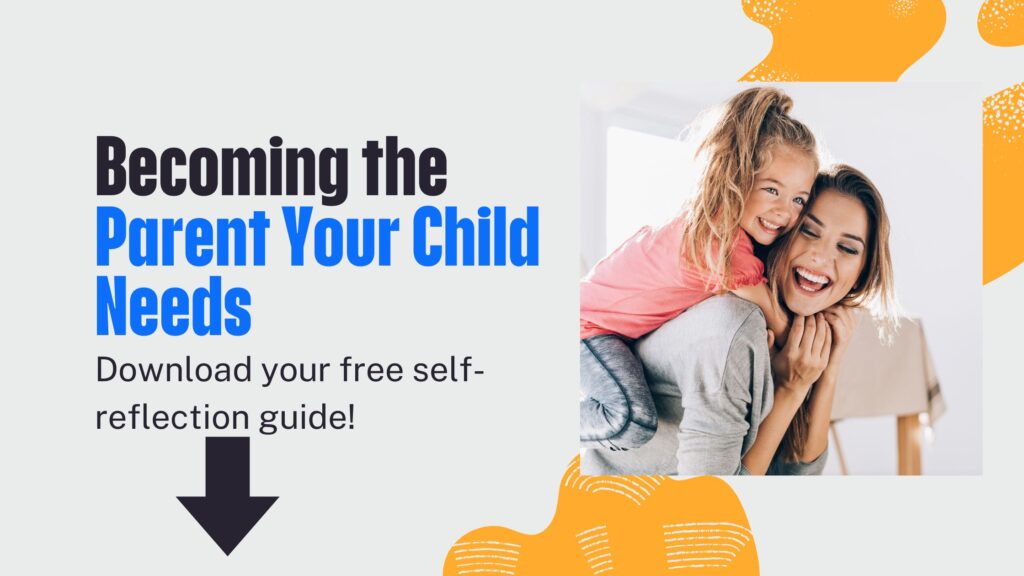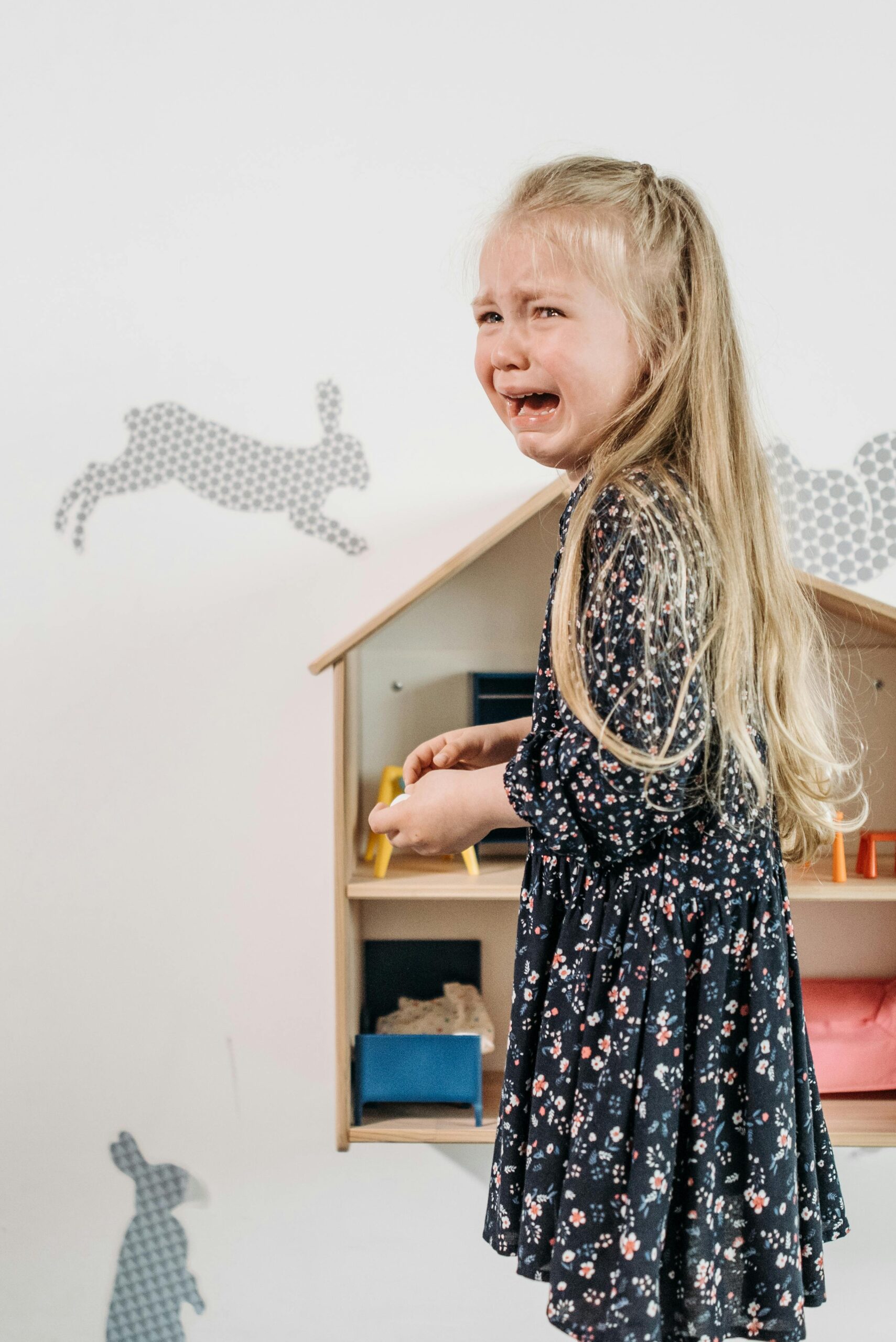Raising Neurodiverse Kids: Why Big Goals Beat Small Struggles
Learn practical strategies for parenting kids with ADHD. Focus on big-picture goals, build resilience, and let go of perfection in daily routines and challenges.
The Real-Life Morning Routine Reality Check
Let’s face it: as parents, we often get caught up in the little things. We think our mornings should look like some idyllic scene: kids pop out of bed with a smile, ready to go with perfect hair, a packed lunch, and a sense of purpose. Sound familiar? Let’s roll down the car window, toss that image out, and wave goodbye to it like confetti.
I’ve learned (the hard way) that expecting my child to be a super-organized, self-sufficient dynamo by 7 a.m. just sets us both up for chaos, drama, and a lot of caffeine. Sure, in a dream world, my kid would leap out of bed, get dressed, brush her teeth, and pack her backpack all on her own. Someday, she probably will (fingers crossed.) But right now? We’re just aiming to get out the door without tears. And honestly? That’s okay.

Let’s Zoom Out: The Big-Picture Goals
Instead of focusing on the daily details, I keep my eye on big-picture goals. I want my kid to grow into a kind, capable adult who can navigate the world with confidence. Whether she finishes her homework perfectly or remembers matching socks? Not top of my list. I’m more interested in the qualities that count: the ability to build healthy relationships, find fulfillment in her work, manage life’s curveballs, and stay optimistic. You know—the “good stuff” that doesn’t fit neatly in a homework folder.
So, when math homework turns into an Olympic wrestling match (yes, almost every time), I ask myself: Is it about getting the problems perfect, or about helping her build resilience, flexibility, and confidence? I’ll take a few completed problems with understanding over a page of tears and eraser marks. Takeaway: Those little wins and moments of connection? They’re what truly matter.
Here’s a Couple of Real Life Examples with My Child who has ADHD:
Homework Battles: Choosing My Battles Wisely
Let’s say my kid is fighting me over math homework. I could dig in for an all-out war, OR I could pivot to keep it from becoming a battle. Here’s what works for us:
- Prioritize Understanding: I’m less worried about getting every problem done and more focused on her grasping what she’s doing. If finishing the page feels impossible, I suggest she does just the even-numbered questions. Takeaway: Math mastery over meltdowns.
- Collaborate, Don’t Dictate: Sometimes I’ll grab the pencil and write down her answers as she tells me what she’s thinking. This simple shift cuts down on frustration and lets her feel accomplished, while I feel like a teammate—not a drill sergeant.
- When/Then Motivation: “When you finish your homework, then you can have screen time.” These magic words remove the need for nagging and set a clear path forward.
Cleaning Their Room: Breaking It Down Together
The phrase “clean your room” might as well be “get your life together” for kids who are neurodiverse (and, honestly, for me too!). Here’s how I turn that overwhelming directive into something manageable:
- Step In, Not Out: When “clean your room” means picking up two toys and calling it a day, I’ll join her. “Want to start with your desk, or put away clothes first?” Giving structure to the task makes it doable.
- Connect Instead of Correct: Instead of sighing and asking if she’s done anything, I sit down with her and say, “How about we tackle this together?” We’re connecting, and I’m not losing my cool.
- Chunk It Out: Big tasks can be overwhelming, so we break it down: clothes first, then bed, then desk. And yes, five-minute breaks are fair game. Takeaway: Breaking tasks into manageable chunks reduces overwhelm.

Take the first step toward becoming the parent your child truly needs with this free self-reflection guide! Click HERE to get the free guide.
Final Thoughts: Remembering What Really Matters
In the trenches of parenting, it’s easy to lose sight of the big-picture goals that will help our kids become happy, independent adults. But when I let go of perfection and focus on connection, resilience, and life skills, I’m helping her build the foundation she needs to thrive.
So, here’s my advice: stay flexible, toss the “shoulds” out the window, and prioritize what truly matters. Check out this post for more about letting go of expectioons. Today’s messes and struggles might feel endless, but they’re just small steps in a much bigger journey toward independence, happiness, and those big goals we’re all hoping they’ll reach.
Next time your kiddo is struggling with a task, think about the big picture goals. How can you guide them to build those lifelong skills, not just the task at hand?
I’d love to hear from you! What big picture goals do you have for your child? How do you envision them as adults? Share your thoughts below and share this post to help other parents remember the BIG picture in parenting our kids who are neurodiverse.

Check out this FREE resource: Top 10 Strategies to Support Neurodiverse Kids at Home and School! Click HERE to get the resource.





